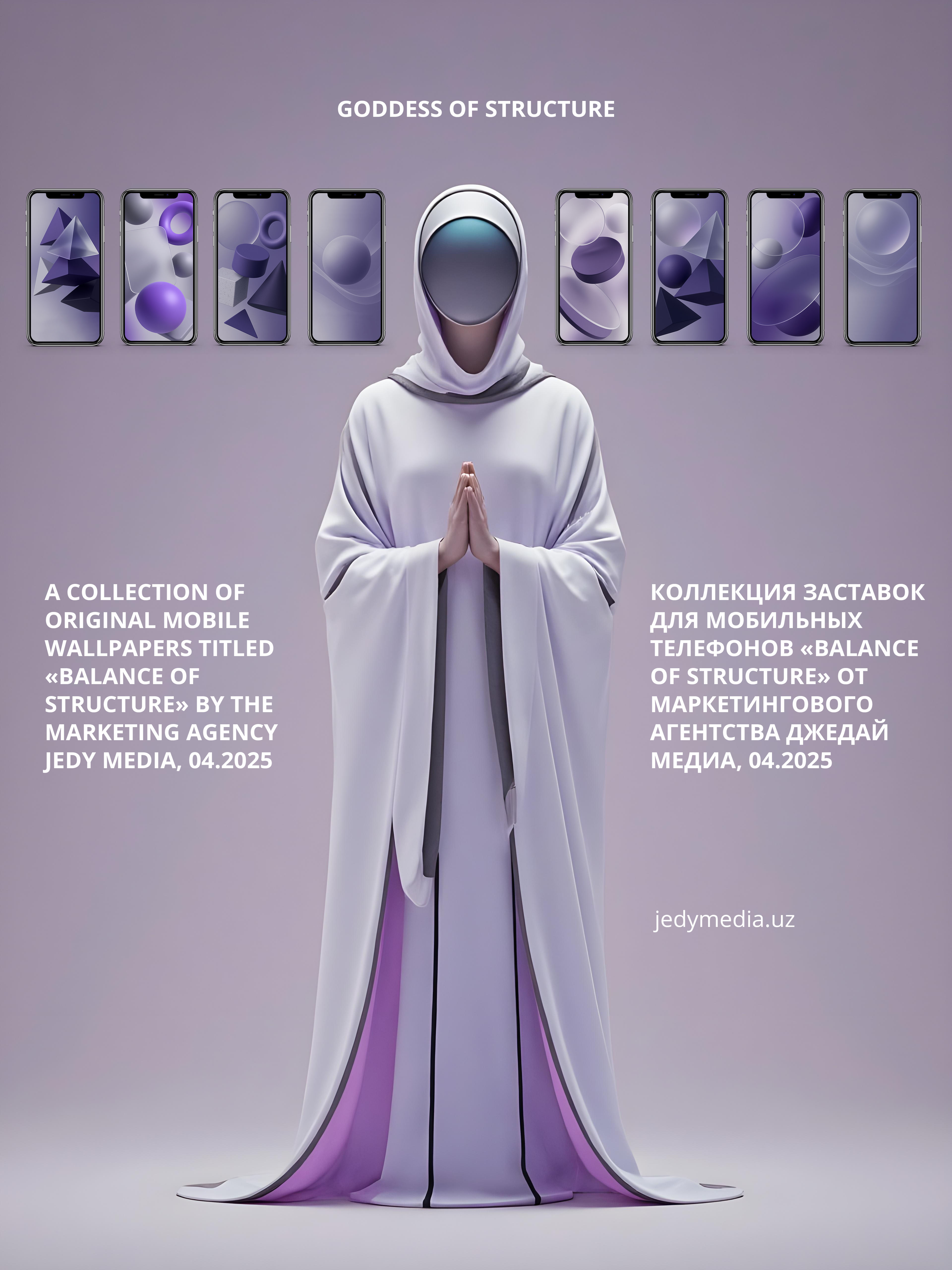Medical market of Uzbekistan it is developing rapidly. New private clinics are opening, competition is increasing, and patients are becoming more demanding. All this makes owners and managers think twice: how can I make an effective statement about myself? Which methods work in the local market, and which simply do not work?
Let's analyze the topic step-by-step, taking into account the realities of the country and the audience's expectations. This article will be useful for both novice clinics and those who have been on the market for a long time, but do not see the return on their marketing investments.
Start with trust
Before using any advertising formats, it is important to understand: in Uzbekistan, patients are guided not only by the doctor's competence, but also by recommendations. Word of mouth remains one of the most powerful channels. Therefore, building trust is the first step.
This trust begins with the smallest details-from the registration of the clinic and the communication of administrators to the tone in social networks. If the patient feels warmth, care, and attention, they will tell others about it. If he feels indifferent — he will also tell you, but in a negative way.
An emphasis on online marketing is necessary, but not omnipotent
Many clinics rely on social networks, but then complain: "Advertising was launched — but there are no patients”" The problem is not the social networks themselves, but the way they are used.
Promotion of clinics in Uzbekistan through Instagram, Telegram and other platforms should be based on the understanding that medical services are not an impulse purchase. People don't make appointments with a gynecologist or dentist on a single story. They observe, read reviews, and compare.
This means that the content must be system-generated. Regular publications, doctors ' stories, stories about patients (with their consent), answers to frequent questions-all this forms the image of the clinic as an open, honest and competent institution.
What doesn't work is abstract posts about “highly qualified specialists” and “modern equipment” without examples, without faces, and without lively intonation.
Advertising: show, don't promise
When launching targeted ads, it is important not just to”drive traffic". A banner with the text “Cardiologist's consultation — 20% discount " rarely works if it is not supported by trust. Advertising that includes a doctor's face, a short video explaining symptoms, a patient's review, or a visual explanation of the procedure is much more effective.
It's not the price that works. A sense of security and understanding works.
What doesn't work is an ad without adaptation. For example, the use of templates from other countries, text in Russian without taking into account the Uzbek-speaking audience, or the promise “we will cure you in one day " - all this causes distrust, especially among the older generation.

Visual is also a concern
The design of the site and social networks speaks volumes. Cleanliness, neatness, and attention to detail in the interface create associations with the quality of medical care.
If the clinic's website is outdated and the doctors ' photos look like they are taken from a passport — the patient gets an image of “yesterday's” medicine. But you can simply order a photo session, put the site structure in order, add photos of interiors and normal descriptions of services.
What doesn't work is the use of cliches. Stock photos, template texts, excessive sterility in the design. People need emotions, lively faces, and a sense of the present, not the ideal.
SEO for websites is a quiet but important job
In Uzbekistan, more and more patients are looking for a clinic through Google or Yandex. This means that the site should be not just “for show”, but really useful. Here we will need SEO!
A section with a blog, frequently asked questions, contacts, and an online entry is required. If you promote your site correctly, using topical articles, local queries, and the correct structure, your position increases, and the clinic becomes more visible in search results.
What doesn't work is mindlessly filling the site with content for the sake of quantity. Search engine algorithms have long been able to distinguish high-quality content from generated garbage. And users leave the site if it is inconvenient or incomprehensible.
Reviews are not an add-on, but a foundation
In the field of medicine, it is reviews that form a reputation. Especially in Uzbekistan, where the patient can rely on the opinion of relatives or neighbors more than on a scientific article.
Therefore, collect feedback and create it in the form of stories, videos, and screenshots from instant messengers (with your permission, of course). Add these reviews to your website, Instagram, and Google Maps. People believe those who have already come before them.
What doesn't work is fake praise. Fake comments and the same template reviews on different sites are immediately noticeable. And they can hit your trust.
Promo events: offline is also alive
The promotion of clinics in Uzbekistan does not end with online activities. Local communities, festivals, workshops, and open days work as well as digital campaigns.
For example, a doctor's participation in a local conference or an interview on local television can earn more applications than a week of targeted advertising. This is because offline events include the live contact factor, which is especially important in medicine.
What doesn't work is “for show”events. If you organize a holiday, but forget about the photo report, press, and follow-up in social networks — the effect is lost.
A brand is not just a logo
When people think about promotion, they often think of the brand as something visual. But in reality, a brand is a promise that you make. The tone of communication, the reaction to negativity, the atmosphere inside the clinic, the behavior of the staff, the reception - all this is part of the image.
Promotion of clinics in Uzbekistan becomes really effective when marketing is not separated from operational processes. When the administrator is as important as the doctor, and the chatbot responds politely and on time.








